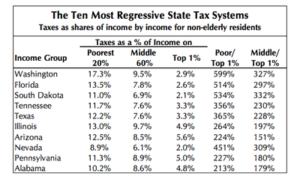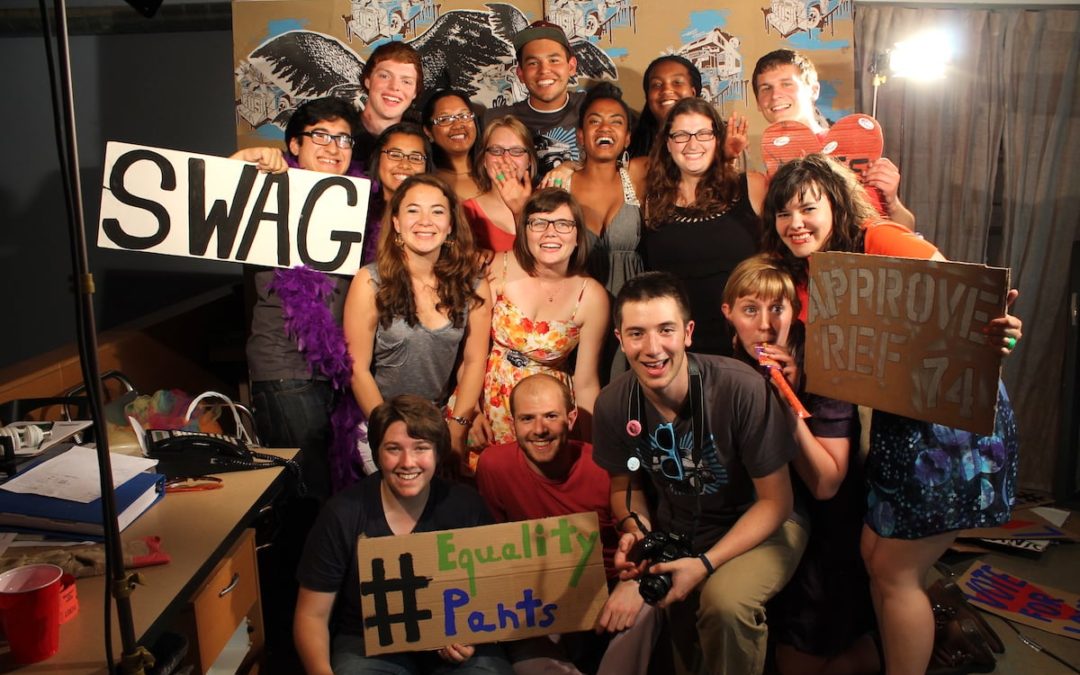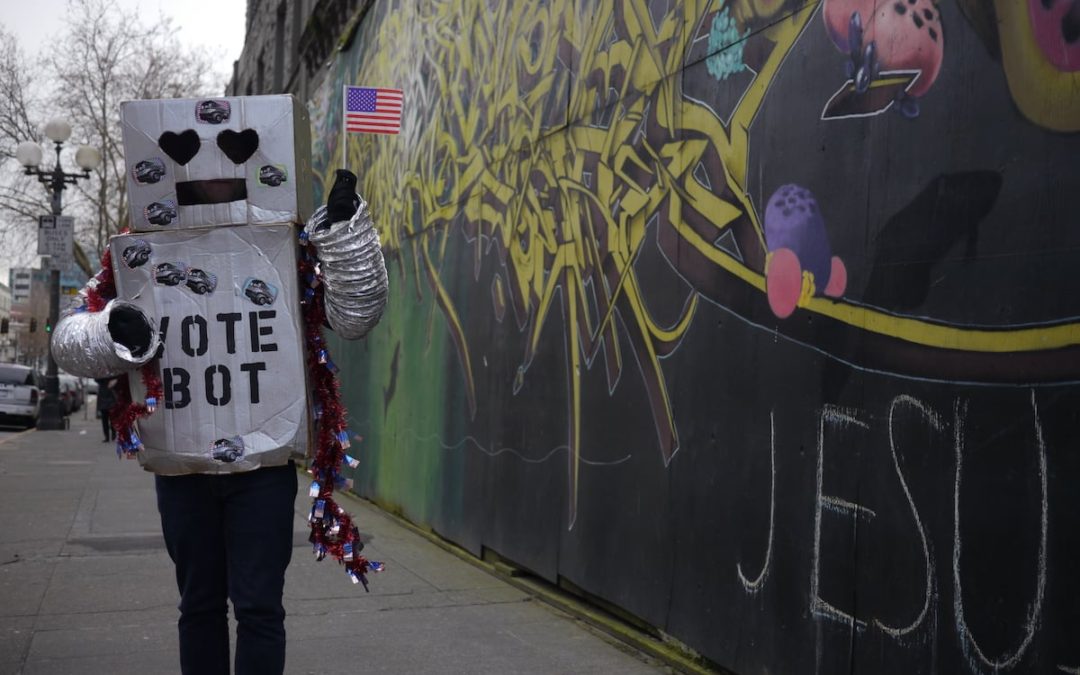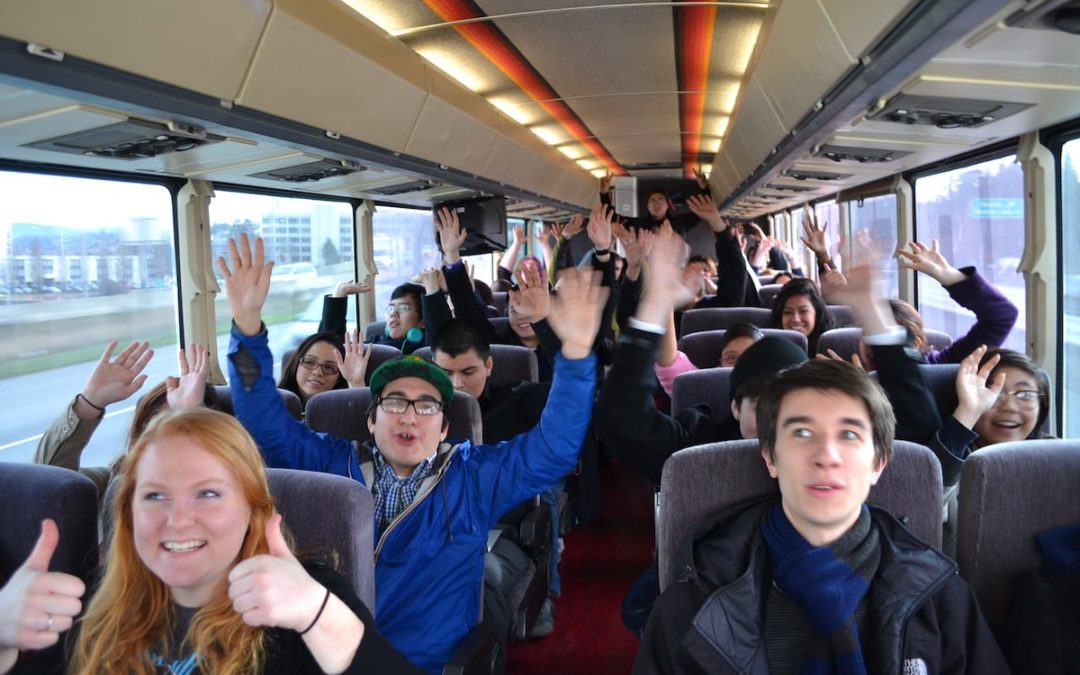
Percolate Up Economics
President Obama delivered his fifth State of the Union speech last night, once again pleading with congress to you, know, legislate or something.
More newsworthy was Obama’s decision to take action on his own, circumventing congress’s political gridlock to work on addressing our country’s growing problem with income inequality.
While Obama asked congress to pass a bipartisan bill raising the federal minimum wage to $10.10 an hour, he also decided to issue an executive order mandating all federal contractors start paying $10.10 an hour immediately. “If you cook our troops’ meals or wash their dishes,” said Obama. “You should not have to live in poverty.”
Personally I’d say if you are working a full time job (or two) you shouldn’t have to live in poverty either, but I guess that’s outside of Obama’s hands.
Using an executive order to push for progressive employment policies is nothing new. Franklin D. Roosevelt passed an executive order back in 1941 prohibiting racial discrimination in the national defense industry. Closer to home, Seattle Mayor Ed Murray signed an executive order raising all City employees wages to $15 an hour.
And perhaps following in the lead of successful movements such as SeaTac’s Good Jobs initiative, Obama spoke directly to local leaders:
“To every mayor, governor, state legislator in America, I say, you don’t have to wait for Congress to act; Americans will support you if you take this on.”
Currently in Washington State Governor Inslee has suggested raising the current minimum wage of $9.32 an hour an extra $1.50 to $2.50, and Representative Jessyn Farrell introduced a bill raising the state minimum wage to $12. The bill currently has 32 sponsors in the Democratically controlled house.
And Seattle itself is working to extend the $15 an hour minimum to all workers, not just city employees. The City Council and the Mayor’s Office are deliberating on how best to implement the wage increase, with added urgency from Councilmember Sawant’s threat to send an initiative directly to Seattle voters.
Realistically Congress isn’t going to pass a minimum wage increase in the next two years. But the issue clearly has popular support. Legislators who don’t realize that may find themselves out of a pretty high paying job. Perhaps then and only then will they appreciate how hard it is to get by on the current minimum wage.
This blog post was written by Devin Glaser, longtime friend and volunteer of the Bus.

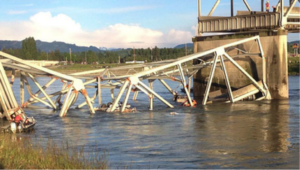
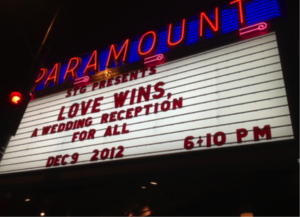
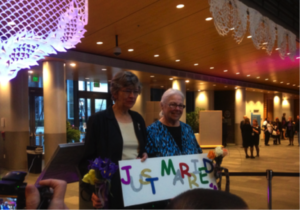
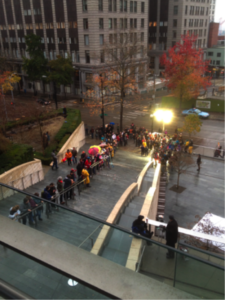 On Sunday, December 9th Seattle City Hall was brimming with couples excited to tie the knot. Judges, city officials, and members of the community came out in droves to volunteer their time in order to make everything come together.
On Sunday, December 9th Seattle City Hall was brimming with couples excited to tie the knot. Judges, city officials, and members of the community came out in droves to volunteer their time in order to make everything come together.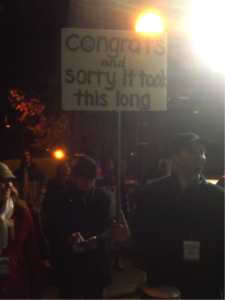 One other congratulation in order:
One other congratulation in order: 
